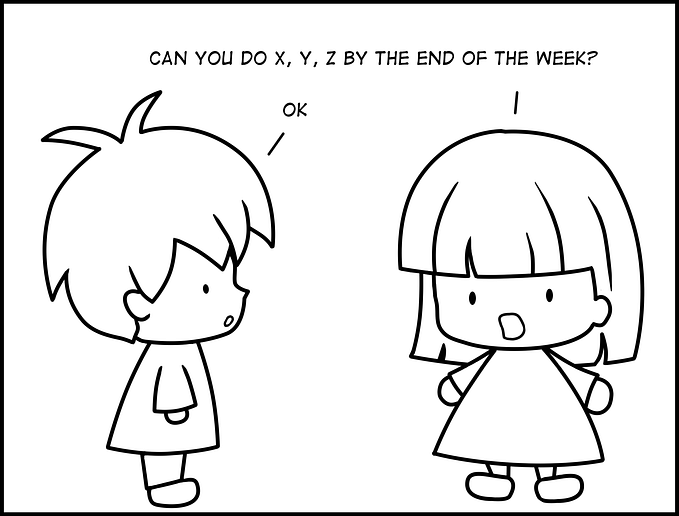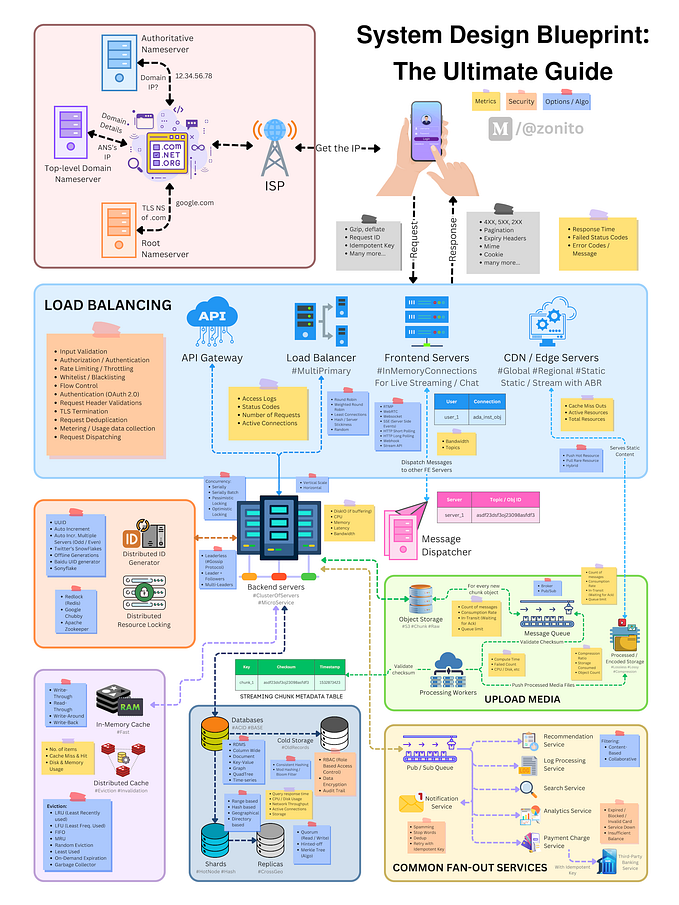Efficiency Unleashed: Harnessing The 80/20 Principle For High-Paying Software Engineering Roles
The 80/20 principle, aka the Pareto Principle, suggests that roughly 80% of results come from 20% of efforts. Applying this principle to becoming a Senior Software Engineer or achieving a high-paid position involves focusing on the most impactful activities that yield the greatest results.
Let’s go directly to the thing important we should keep in mind.
- 🤹Skills Development
Identify the top 20% of skills that are most in-demand or critical. This could include programming languages, frameworks, architecture design, problem-solving, and communication skills. I’ll go dive deep into another phase in this blog.
Invest 80% of your learning time and effort into mastering these key skills. Focus on deepening your understanding and proficiency in these areas rather than spreading yourself too thin across numerous technologies.
2. 👥Networking
Spend 20% of your time identifying and building relationships with individuals who are influential in the software engineering field. This might include senior engineers, tech leads, managers, and industry experts.
3. 📽️Project selection
Identify the top 20% of projects or initiatives within your organization or in the industry that align with your career goals and offer significant learning and growth opportunities.
4. ✊Continuous improvement
Dedicate 20% of your time to reflecting on your performance, gathering feedback, and identifying areas for improvement. This could involve self-assessment, peer reviews, or performance evaluations.
5. 🤓Visibility and branding
Invest 20% of your time in building your personal brand and increasing your visibility within the industry. This could include writing technical posts, contributing to open-source projects, or speaking at meetups and conferences.
🧐Identity and share my strategy regarding skills development
Regarding skills development, I’m building my strategy to focus on the most important 20% of the following skills that will help me increase 80% of achieving a high-paid position.
- Have knowledge of Data Structure and Algorithms: understanding fundamental data structures (arrays, linked lists, trees, graphs) and algorithms (sorting, searching, dynamic programming) is essential for writing efficient and optimized code
- Have knowledge of specific language proficiency: In my case .NET, C# at the moment
- have knowledge of SQL databases (SQL Server, PostgreSQL, MySQL), NoSQL (MongoDB, Cassandra)
- Solid understanding of web service technologies such as REST, SOAP, gRPC, and HTTP: Remains a fundamental skill for web development and integration with various systems
- Have knowledge of software architecture design (Microservices, SOLID, Design patterns, Architectural patterns, Monolithic): provides the foundation for building scalable and maintainable software systems.
- Knowledge of system design (API gateway, Load balancing, Caching solutions (Redis, Memcached), Searching (Solr, ElasticSearch) …)
- Have knowledge of software construction (SVN/GIT, Unit test, CI/CD): Version control systems, continuous integration/deployment pipelines, and unit testing are critical for maintaining code quality and enabling collaboration
- Have knowledge of authentication and authorization principles such as JWT, OAuth2/OpenID
- Have knowledge of cloud computing (AWS, Azure, Linux, Docker, Kubernetes, Secret management …): Cloud computing platforms are essential for modern applications, providing scalability, reliability, and cost-effectiveness.
- Have knowledge of software development processes (Agile, Scrum, Kanban …): Agile methodologies ensure adaptability and efficiency in software development projects.
👁️What are the common mistakes a person makes on the path to getting a high-paid position?
The best way we can grow is to learn from mistakes or get advice from experts, so I have another post to talk about ‘What are the common mistakes a person makes on the path to becoming a high-paid position?` and step-by-step instructions on how to avoid those mistakes, you should have a look.
When you find this post informative, don’t forget to share it with your team and colleagues, thanks.
You can reach me on Twitter @linhvuquach
to get my new blog every week with a bunch of categories like software engineer, problem-solving, and how to make your product …
See ya!







